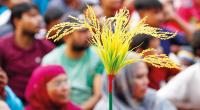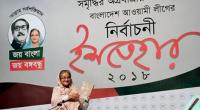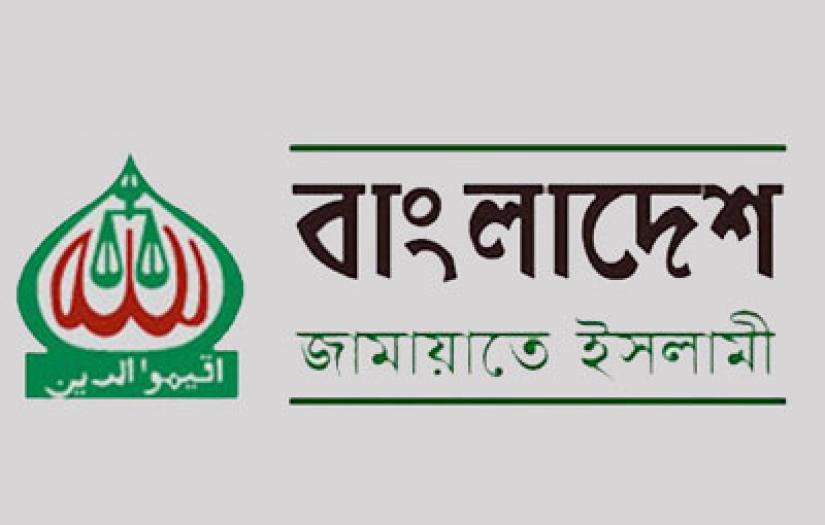 The Jamaat-e-Islami, many of whose top leaders have been convicted of war crimes and sentenced to death or life imprisonment, says it will carry on with the trial of crimes against humanity committed during the 1971 war if it can be a part of the government through the elections.
The Jamaat-e-Islami, many of whose top leaders have been convicted of war crimes and sentenced to death or life imprisonment, says it will carry on with the trial of crimes against humanity committed during the 1971 war if it can be a part of the government through the elections.
The party that openly opposed Bangladesh’s struggle for freedom from Pakistan and lost its registration with the Election Commission after the court’s order found its way to the national election, blessed by the BNP and the Dr Kamal Hossain-led alliance Jatiya Oikya Front.
At least 22 of its members are contesting in the Dec 30 polls under the BNP banner using its logo paddy sheaf and three as independent candidates.
Its leaders say they plan to continue the trials in line with the International Crimes Tribunal formed by the Awami League administration in 2010 to try 1971 war criminals.
“I am yet to be informed of the party’s official stance, but if we go to power the trials will continue,” said Mawlana Habibur Rahman, who sits on the policymaking body Majlis-e Shura.
On Monday (Dec 17), the Oikya Front rolled out is manifesto pledging to carry on with the trial if it gets the mandate to form the next government.
In recent years, Jamaat saw several of its leaders, including its chief Motiur Rahman Nijami hanged for war crimes.
Its other leaders executed for war crimes are secretary general Ali Ahsan Md Mujaheed, assistant secretaries general Md Kamaruzzaman, Abdul Kader Molla and Mir Quasem Ali.
Jamaat guru Ghulam Azam died while serving a prison sentence until death for 1971 war crimes. Its policymaking leader Delwar Hossain Sayeede is now in jail after sentenced to prison till death.
Another Jamaat leader, however, says that the trials have ended and there’s nothing more to continue.
“From a legal point of view, it’s not war crimes but crime against humanity and that chapter has ended. The government claims they have successfully done it. What else there’s to do?” said Ehsanul Mahbub Zubaer, a member of its Central Executive Council.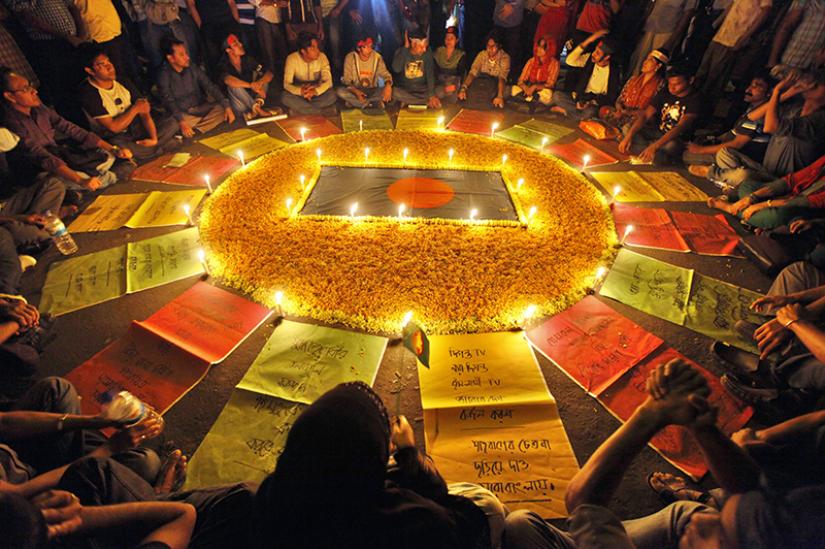 “Those who will assume office can say what’s next. It’s for the people to judge whether the perpetrators faced justice. The sentences have been executed and the Jamaat has said officially that the trials were politically motivated,” he told Bangla Tribune.
“Those who will assume office can say what’s next. It’s for the people to judge whether the perpetrators faced justice. The sentences have been executed and the Jamaat has said officially that the trials were politically motivated,” he told Bangla Tribune.
Zubaer colleague in the same party forum, Adbul Halim, however, refrained from commenting on the matter.
“It’s a rather sensitive issue and it’s yet to be discussed (within the party). I will not comment on this issue before consulting it with the party forum,” he told Bangla Tribune.
AKM Shamsuddin, known to be an influential leader who heads a district unit, also said he has no remarks on the issue.
The 35-point manifesto the Oikya Front unveiled on Monday, dedicates a whole section about the Liberation War and freedom fighters.
It includes:
>> The trial of war criminals will continue.
>> Awareness about true spirit of the Liberation War will be raised among the people.
>> A list of war martyrs will be made under army supervision.
>> A correct list of freedom fighters will be made by dropping out fake freedom fighters.
>> Allowances and other facilities for the freedom fighter will be increased.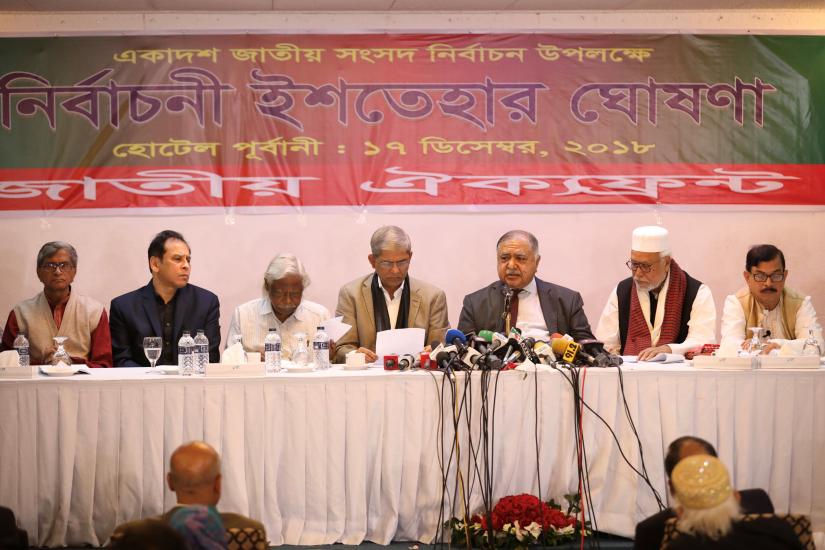 The war crimes trial was one of the key points in the Awami League’s manifesto before the 2008 election. It won the election by a landslide with huge support of the youth and kicked off the much-awaited war crimes trial by forming a tribunal in March 2010.
The war crimes trial was one of the key points in the Awami League’s manifesto before the 2008 election. It won the election by a landslide with huge support of the youth and kicked off the much-awaited war crimes trial by forming a tribunal in March 2010.
A senior BNP leader is among the seven people so far hanged following the tribunal’s verdicts.
The Jamaat called shutdowns and carried out large-scale violence after each of the verdicts was delivered.
Refusing calls for ditching the Jamaat, the BNP questioned the process of the war crimes trial.
Many in the ruling Awami League called the Oikya Front “communal” when Dr Kamal forged the alliance with the BNP in October ahead of the election.
Dr Kamal said at the time that he would not form any alliance with the Jamaat.
But when the Oikya Front nominated candidates with the BNP’s ‘paddy sheaf’ symbol, around two dozen Jamaat leaders, including relatives of convicted war criminals, made it to the list of nominees.
The candidates of the Gano Forum and the other parties in the alliance are also contesting with the same ‘paddy sheaf’ symbol.

